Are you looking for galvanized steel coils? It is critical to be well-informed prior to making a purchase. This comprehensive tutorial will teach you all you need to know about galvanized steel coils. Examine cost, quality factors, and application adaptability. Understanding galvanized steel coils is critical for making an informed selection whether you work in construction, car manufacturing, or another industry. Learn about the advantages of galvanized steel coils, such as their corrosion resistance and longevity. Learn about the numerous aspects that determine pricing and quality, so you can get the most bang for your buck.
With Stavian’s help, you can confidently navigate the galvanized steel coil market. When it comes to purchasing galvanized steel coils, you should broaden your knowledge and make informed judgments. Don’t miss out on this excellent resource—begin reading now to learn more about galvanized steel coils.
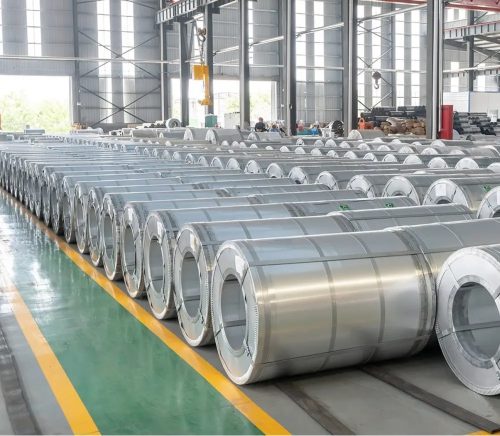
Galvanized steel coils are steel sheets or strips that have been zinc-coated to keep them from corroding. Galvanization includes immersing steel coils in molten zinc baths or imparting a zinc coating via a continuous hot-dip galvanizing process.
The zinc coating acts as a barrier between the steel and its surroundings, preventing rust and corrosion from forming on the steel’s surface. It serves as a sacrificial layer, which means that if the coating is broken or scratched, the zinc corrodes before the underlying steel.
Galvanized steel is often manufactured from low-carbon steel, which has a carbon content of less than 0.2%. This steel is chosen because it is simple to work with and has excellent welding and forming qualities.
Galvanized steel coil HS code depending on the specific type and characteristics of the product. Galvanized steel coil HS codes can be further refined and differentiated based on various factors such as the specific coating thickness, width, and other product attributes. Therefore, it is recommended to consult the official customs authority or a trade professional to obtain the accurate and specific HS code for a particular type of galvanized steel coil, considering the detailed specifications and characteristics of the product.
Learn more
Mild Steel Flat Bar: Your Reliable Choice for Strength and Versatility
Stainless Steel Flat Bar: Price Factors and Best Deals
There are essentially two types of galvanized steel coils based on the zinc coating process:
Hot-Dip Galvanized Steel Coils: The most popular and commonly utilized form of galvanized steel coils. Steel coils are immersed in a bath of molten zinc during the hot-dip galvanizing process, which establishes a metallurgical bond with the steel surface. This results in a thick and long-lasting zinc coating with exceptional corrosion resistance. Hot-dip galvanized steel coils are well-known for their rust-resistant properties and are widely employed in a variety of sectors.
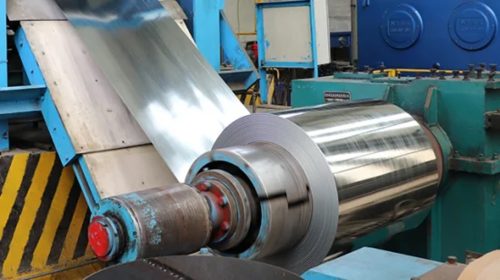
Electro-Galvanized Steel Coils: Electrolysis is used to apply a thin layer of zinc to steel coils during the electro-galvanizing process. Electro-galvanizing, unlike hot-dip galvanizing, does not require immersion in molten zinc. When opposed to hot-dip galvanized coils, electro-galvanized steel coils have a thinner zinc covering. They have modest corrosion resistance and are frequently employed in applications where a lighter coating is enough or a smooth and consistent look is needed.
Based on the level of corrosion resistance required and individual project needs, both types of galvanized steel coils have their own advantages and are suited for diverse applications.
The galvanized steel coil market is diverse. Because of their exceptional corrosion resistance, endurance, and versatility, they are employed in a wide range of industries. Galvanized steel coils are frequently used for the following applications:
Galvanized steel coils are widely utilized in the building industry. They are used to make roofing materials such corrugated sheets, standing seam roofs, and roof tiles. Galvanized steel coils are also used to make wall panels, structural components, beams, and columns.
Galvanized steel coils are used in the automotive sector to make a variety of parts and components. Body panels, chassis components, frames, reinforcements, exhaust systems, and structural sections are examples of these. Galvanized steel’s corrosion resistance helps to protect automobiles from rust and extends their lifespan.
Appliances such as refrigerators, air conditioners, washing machines, and ovens are made from galvanized steel coils. They’re also utilized to make kitchenware, tools, cabinets, and other household items.
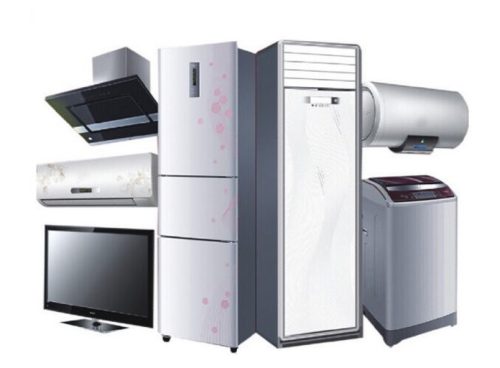
Galvanized steel coils are extensively used in HVAC systems (heating, ventilation, and air conditioning). Because of their longevity and resistance to corrosion in high-moisture settings, they are used to manufacture air ducts, vents, and other components.
Galvanized steel coils are used in the agricultural industry to make equipment like grain silos, barns, fences, and agricultural machines. Galvanized steel’s corrosion resistance improves the lifetime and dependability of these structures and equipment.
Electrical enclosures, cable trays, and support structures for electrical and telecommunication systems are made from galvanized steel coils. The zinc coating helps to preserve these components from corrosion.
Galvanized steel coils are widely employed in a wide range of industrial applications, including industrial roofing, storage tanks, pipes, and scaffolding. Galvanized steel is suitable for harsh industrial situations because of its corrosion resistance and strength.
These are just a few of the various uses for galvanized steel coils. Galvanized steel’s adaptability and protective features make it a popular choice in a variety of industries where corrosion resistance and durability are critical.
Several significant factors influence the pricing and quality of galvanized steel coils. Here are some of the important factors that influence price and quality:
The thickness of zinc-coated galvanized steel coils is an important component in determining both quality and cost. In general, thicker coatings provide superior corrosion protection and longevity. The thickness of the zinc coating is defined in terms of coating weight, which is usually given in grams per square meter (g/ m²) or ounces per square foot (oz/ft²). Because of the increased amount of zinc required, larger coating weights frequently result in higher cost.
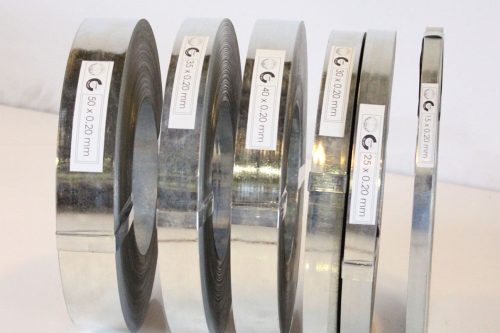
The quality and kind of steel used to make the coils are important factors in determining overall quality. Steel grades differ in terms of mechanical qualities such as strength, ductility, and formability. Prime galvanized steel coils with desirable mechanical characteristics are often more expensive.
The process used to galvanize steel coils influences both quality and cost. Hot-dip galvanizing, which involves immersing the steel in a bath of molten zinc, produces a thicker and more lasting coating than electro-galvanizing, which uses electrolysis to apply a thinner layer of zinc. Hot-dip galvanized coils have stronger corrosion resistance and are sometimes more expensive than electro-galvanized coils.
The uniformity and adherence of the zinc coating to the steel surface determine its quality. A homogeneous and well-adhered coating provides consistent corrosion protection. Poor coating adhesion or imperfections can lead to lower quality and may have an impact on cost.
Steel coil specifications, such as thickness, width, and length, might influence pricing. Thicker and broader coils necessitate more raw materials and processing, which raises the cost. Longer coils may also incur additional handling and transportation costs.
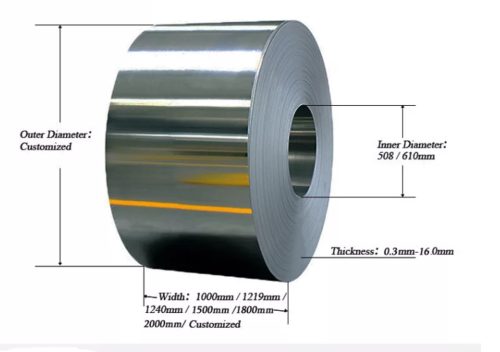
Market dynamics such as supply and demand influence galvanized steel coil prices. Pricing can be affected by fluctuations in raw material supply, changes in manufacturing capacity, and market competition. Furthermore, the cost of galvanized steel coils can be influenced by global trade dynamics and economic considerations.
Compliance with established quality certifications and standards, such as ISO, ASTM, or specialized industry requirements, can indicate the quality and dependability of galvanized steel coils. Due to the additional quality assurance measures involved, coils that fulfill demanding quality requirements and have applicable certifications may attract higher pricing.
A supplier’s or manufacturer’s reputation and brand value can influence both galvanized steel coils price and perceived quality. Well-established and reputable suppliers frequently have a track record of producing high-quality items and may charge a premium for the value of their brand and client trust.
The galvanized steel coil buyer should consider these factors, as well as specific project requirements and budget constraints, as they can aid in the selection of galvanized steel coils that provide the desired balance of quality and cost. To ensure that coils meet the required standards and specifications, it is best to collaborate closely with suppliers or industry professionals.
Learn more
High-Quality Steel Flat Bars at Competitive Prices for Your Project
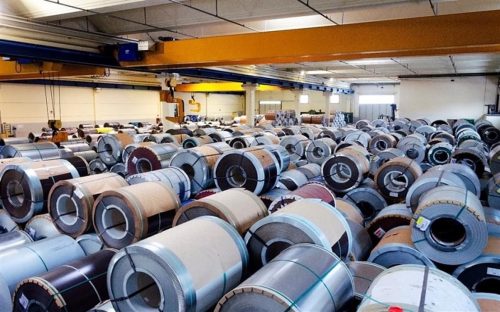
Finally, when buying galvanized steel coils, it is critical to grasp crucial parameters such as coating thickness, steel grade, manufacturing method, and supplier reputation. These factors influence coil quality and price. Furthermore, market demand, industry standards, and certifications are significant factors to consider.
You may make a more informed purchasing selection that matches your individual requirements if you are well-informed and undertake thorough research. Collaborating with reliable suppliers and seeking expert assistance will help you better understand the market and select high-quality galvanized steel coils.
Galvanized steel coils are ideal for a variety of applications due to their superior corrosion resistance, durability, and adaptability. With this knowledge, you can move forward with confidence, knowing that you have all of the information you need to make an informed purchase of galvanized steel coils.
Address
Website: https://stavianmetal.com
Email: info@stavianmetal.com
